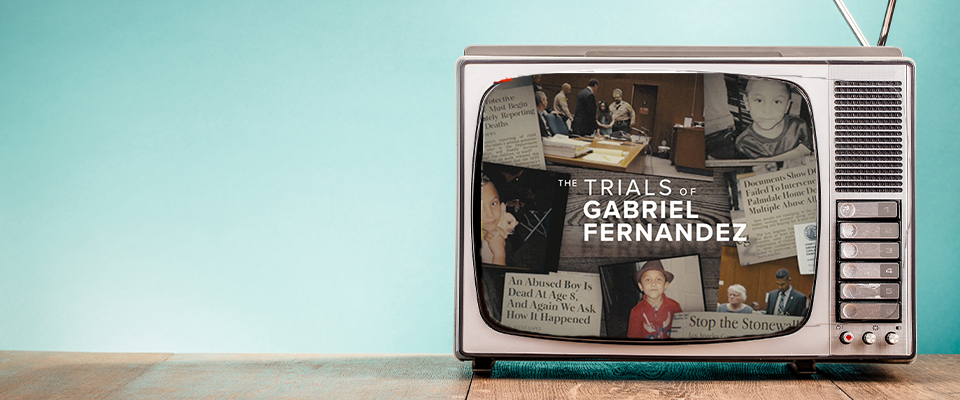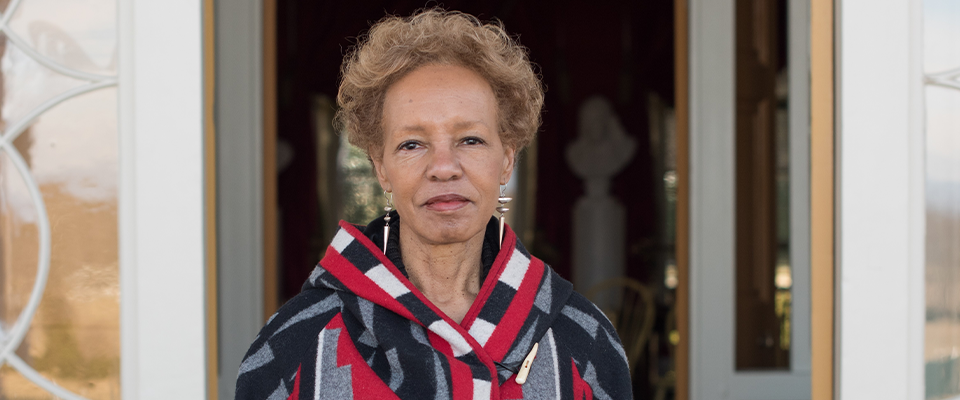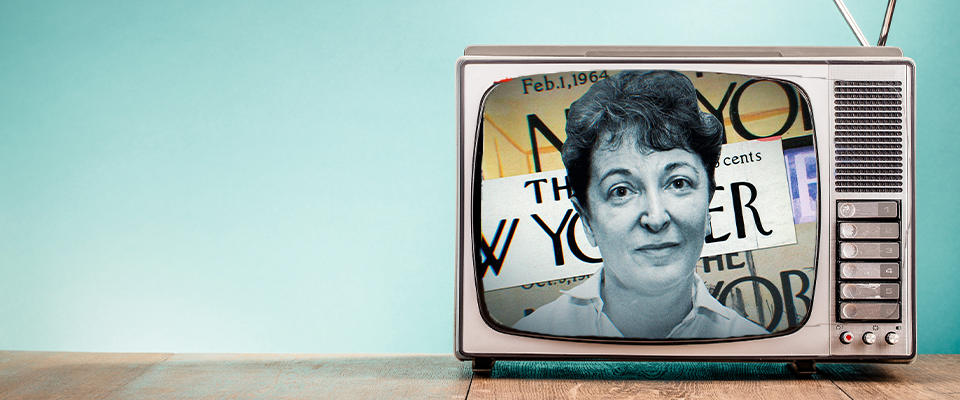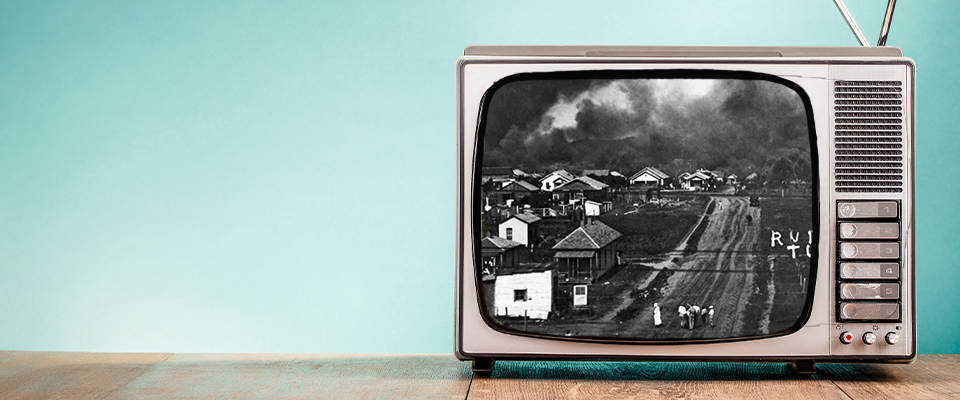Some of our favorite books, films, and performances, for your entertainment
Our editors have curated a list of entertainment to indulge in this summer. Here are their top picks of TV series, novels, digital collections, and more, all produced by UC Berkeley faculty and alumni.
The Other Madisons by Bettye Kearse

Bettye Kearse grew up with a strong sense of family history. Since she was a child in Oakland, she’d been told she was descended from President James Madison and his slave, Coreen. “Always remember,” her family told her, “you’re a Madison. You come from African slaves and a president.” But she was disturbed by the violent implications of this origin story. In 1990, when Kearse ’65, a retired pediatrician who studied genetics at Cal, became the family griotte—or storyteller, in the West African oral tradition—she knew it was her responsibility not only to remain the guardian of her family’s history, but to face her unease and deepen her knowledge of the troubled bonds at its roots. Kearse writes, “The time had come for the story of the Other Madisons to be included in America’s recorded history.”
In The Other Madisons: The Lost History of a President’s Black Family, Kearse writes of her personal, decades-long journey to understand her family story and learn more about the lives of her enslaved and white ancestors. Chronicling her travels and research in Portugal, Ghana, and throughout the United States, Kearse methodically interrogates the legacy of violence and exploitation and the spirit of resilience that run through her family line. The result is a beautiful, sometimes wrenching, meditation on the brutality at the center of American history and the gnarled, complex power dynamics it has spawned in every facet of American life, from the halls of power to individual households. —Nina Renata Aron
For more, check out our interview with author Betty Kearse.
Bancroft Library Digital Collections

Interested in perusing Berkeley’s collection of Mark Twain papers? Want to learn about the schematics used while building the San Francisco–Oakland Bay Bridge? Maybe you’re an aspiring cartographer and want to study 1850s maps of the California coast. Berkeley’s Bancroft Library has you covered. The Bancroft is Berkeley’s primary special collections library, holding more than 600,000 volumes, 60 million manuscript items, and 8 million photographs. Now, more than 3 million of these have been digitized and made available online (some require a CalNet ID). Along with the digital files, the Bancroft has online exhibits to serve its audience in the time of social distancing. Now, the Berkeley community can stay intellectually nourished, despite not being able to venture out of the safety of their own homes. —Grace Vogel
Berkeley Conversations
In the time of COVID-19 it’s hard to keep track of all the different health recommendations and research findings. Never fear, the University has launched Berkeley Conversations: COVID-19, a series that brings together leading campus experts via online video Q&A’s, seminars, and panel discussions to help cut through the information overload. Berkeley specialists in epidemiology, economics, environmental science, computing, psychology, social welfare, and data science discuss the crisis as it unfolds in real time. Much is still unknown, but the conversations help you get a handle on what we do know and where we’re likely headed. —Grace Vogel
It’s Not All Downhill From Here by Terry McMillan

McMillan was already a best-selling author when she published her runaway hit, Waiting to Exhale, the 1992 romance novel featuring the lives and loves of middle-class black women. Now, McMillan is back with It’s Not All Downhill From Here, about 68-year-old Loretha Curry, a successful businesswoman who is forced to deal with the unexpected death of her third husband. Lo, who gets by with a little help from her friends, is a model of the Oprah woman—determined to find fulfillment in life no matter her age or what fate throws at her. Is it high literature? “A good story is a good story,” McMillan tells Publishers Weekly. “I’m not writing for the award committees; I’m writing for the reader.” —Pat Joseph
Who Let the Mexicans Play in the Rose Bowl? by Hank Olguin

Quarterback Joe Kapp (whose mother’s name was Garcia-Chavez) may have been called “The Toughest Chicano” by Sports Illustrated, but he wasn’t the only Mexican American on Cal’s 1959 Rose Bowl team. New Mexico–born Hank Olguin was on the squad, too, at halfback. Olguin, who went on to a successful career in advertising and creative direction, now shares his memoir of growing up at a time when “it was not necessary to attach ‘dirty’ or ‘lazy’ to the word Mexican. The word effectively stood alone as a slur, especially when delivered with the proper contempt and snarl.” The racial animosity Olguin faced compelled him to hide his identity, even at Cal, but eventually he learned to proclaim himself a proud Mexican, or sometimes, when he wants to “change it up a bit,” an “American Mexican.” —Pat Joseph
Union by Jordan Blashek and Christopher Haugh

Jordan Blashek and Christopher Haugh’s friendship is an unlikely one in our politically polarized era. Blashek is a businessman, former Marine, and Republican; Haugh is a journalist, former speechwriter for the Obama administration, and Democrat. Haugh and Blashek met at Yale Law School and realized pretty quickly that their political ideologies did not align. Nevertheless, they embarked on a series of road trips over the course of three years that took them through almost every state in the United States. Those trips—on which they met modern cowboys, truckers, former service members, Trump lovers, Trump haters, activists, poets, and incarcerated people—became the source material for this book. With every mile they drove, they learned to find common ground despite their differences. Union proves that even when our politics may seem worlds apart, there is always room for conversation and respect. —Grace Vogel
The Trials of Gabriel Fernandez by Anne Nesbet

In May of 2013, Garrett Therolf, former Los Angeles Times reporter, currently with the Berkeley Graduate School of Journalism’s Investigative Reporting Program, came across a one-line obituary for an 8-year-old boy, Gabriel Fernandez of Palmdale. The young boy had been beaten mercilessly and even shot with a BB gun, all at the hands of his mother and her boyfriend. The Trials of Gabriel Fernandez is the Netflix documentary series produced and directed by Brian Knappenberger based on Therolf’s investigation into the circumstances surrounding Gabriel’s death and the trials that followed. The Times investigation into Gabriel’s death sparked outrage when it revealed that multiple social workers in the Department of Children and Family Services had been notified of the abuse—by Gabriel’s teacher, his family members, and other mandatory reporters. Not only had social workers visited his home in the days leading up to his murder, so did Los Angeles County sheriff’s deputies. Instead of listening to Gabriel’s account, they believed Pearl Fernandez, Gabriel’s mother, as she explained away Gabriel’s injuries. Viewers will watch this chronicle of preventable murder and abuse in shock and dismay. —Grace Vogel
From the Summer 2020 issue of California.





















